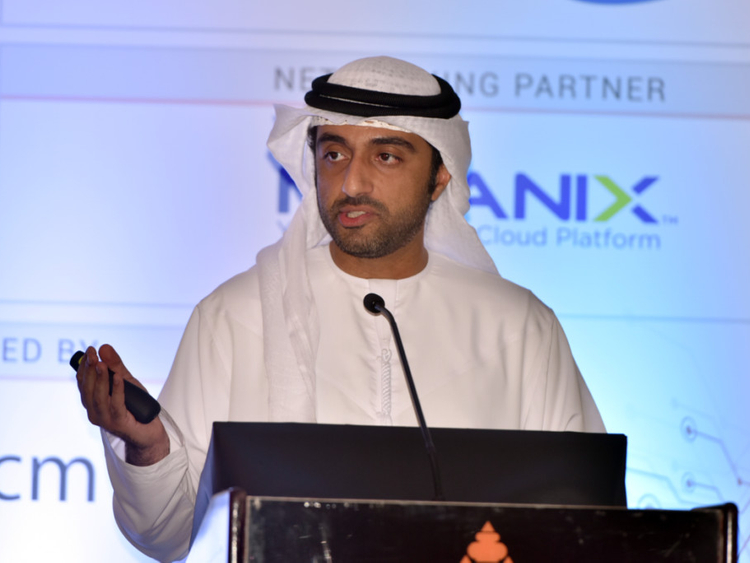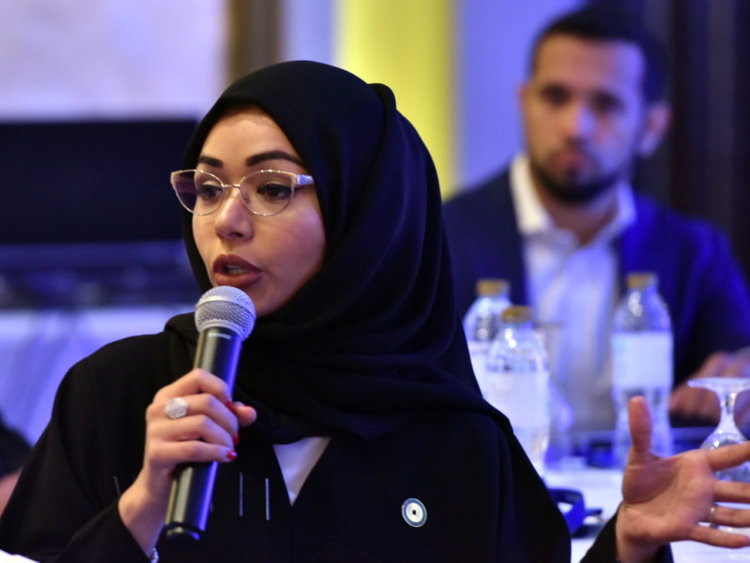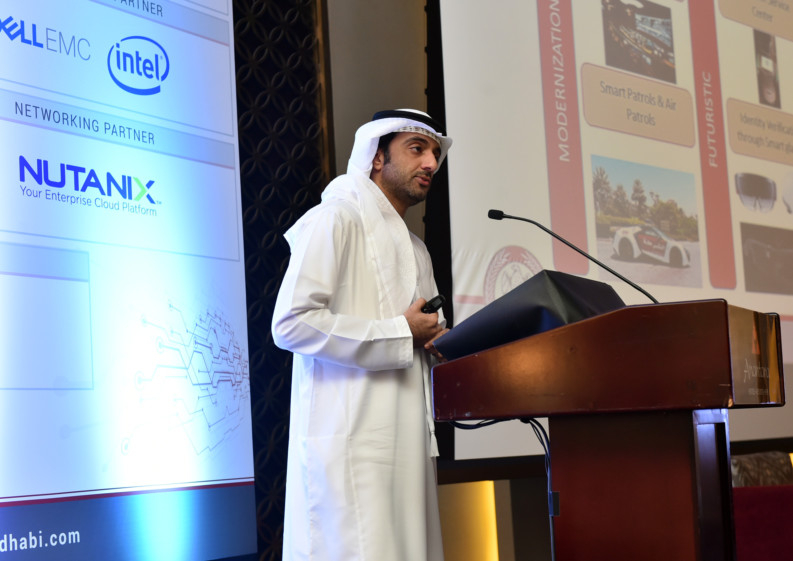
Abu Dhabi: If you forget your health card at home, don’t worry. Your Emirates identity card will be accepted at health care facilities in the country as Daman National Health Insurance Company has linked insurance cards with Emirates ID.
The company has already begun to cease printing of Thiqa insurance cards, a senior official of Daman told Gulf News on Monday.
The country has gradually been moving towards digitalising all government and private sectors services and using one card for all purposes and linking a number of services to the national identity card, “Emirates ID” such as health, driving licence and banking.
More than 200,000 transactions were done in a month through Emirates IDs for health-related purposes. Though, it has officially started the service from November 1, by November next year it will stop printing Daman health cards.
Speaking to Gulf News on the sideline of Digital Transformation Summit in Abu Dhabi on Monday, Hamad Abdullah Al Mehyas, chief process officer at Daman, said, “since the service was launched from November 1 and already we have started linking our health services of our customers to the Emirates ID, so now there is no need to carry health cards at hospitals and pharmacies”.
This month 30,000 Daman customers will benefit from the new initiative of linking Daman to the Emirates ID, he said.
“We will stop printing health cards gradually depending upon the expiry of cards. In fact, it depends on the expiry of cards as it expires we will not issue a new card instead we would link it to the Emirates ID so it can be used like a health card,” Al Mehyas said.
Daman National Health Insurance Company has more than 3 million customers across the UAE.
Before we officially launched the service, we reached 2 million transactions through the Emirates ID. Last month only 200,000 of our customers used Emirates ID for medical related purposes, he said.
“For Thiqa card holders, the company already decided to stop printing from November 1 and hopefully by end of this year or the beginning of next year, all other products will follow,” Al Mehyas said.
Daman has already linked its health card to a number of government entities that include Emirates Identity Authority, Ministry of Health, Ministry of Human Resources and Emiratisation and Ministry of Interior.
Linking of the card and stopping the printing is viewed as to protect environment, reducing fraud, errors and serve better.
Daman has distributed 7,000 ID card readers across UAE medical services providers.
More than 30,000 individuals will be the first Thiqa members to benefit from accessing health care facilities using just their Emirates ID this month.
The figure consists of members whose health insurance policies are renewed between the first and 30th of November.
The new initiative will eventually benefit all Thiqa members, of which there are currently 833,000 in the UAE.
The two-day Digital Transformation Summit at Eastern Mangrove Hotel in Abu Dhabi concludes on Tuesday.
Box
Cybercrimes are the major threat
Abu Dhabi: Cybercrimes are the major threat today and Abu Dhabi Police are up in arms to combat the menace and protect the community with the latest technology, a senior police official said on Monday.
Speaking to Gulf News on the sideline of Digital Transformation Summit in Abu Dhabi on Monday, Major Mohammad Obaid Al Obaidli, deputy director of the digital transformation and systems development at Abu Dhabi Police, said, “Future crimes are all about cybercrimes and we have to saddle up to tackle it.”
“We are going to launch a comprehensive awareness drive soon among the community to make them aware about the threats of cybercrimes,” he said.
“We would like to educate residents on how they can protect themselves and their children from internet crimes,” he said.
“Parents need to a keep a close tab on their children when they are online. The crime can happen to any device connected to internet,” he said.
Major Al Obaidli said, “We are developing currently a ‘Neural Network’, analytics of crimes based on history — current and future, so we will be having predictive analytic of the crime.”
This will have history of all kinds of crimes based on location and locality. So this will help protecting the community from similar crimes in the future, he said.
Such analytical data will help in determining the repetitiveness of the crimes and geographical location, he said.
“For the purpose we will have a dashboard that will show the history of the crime, Major Al Obaidli said.















